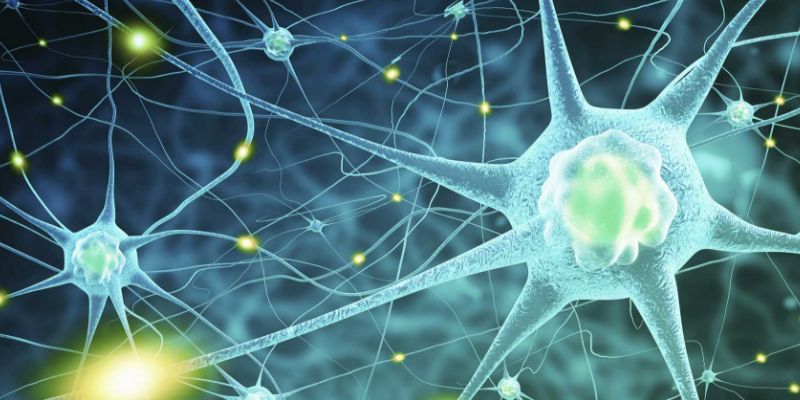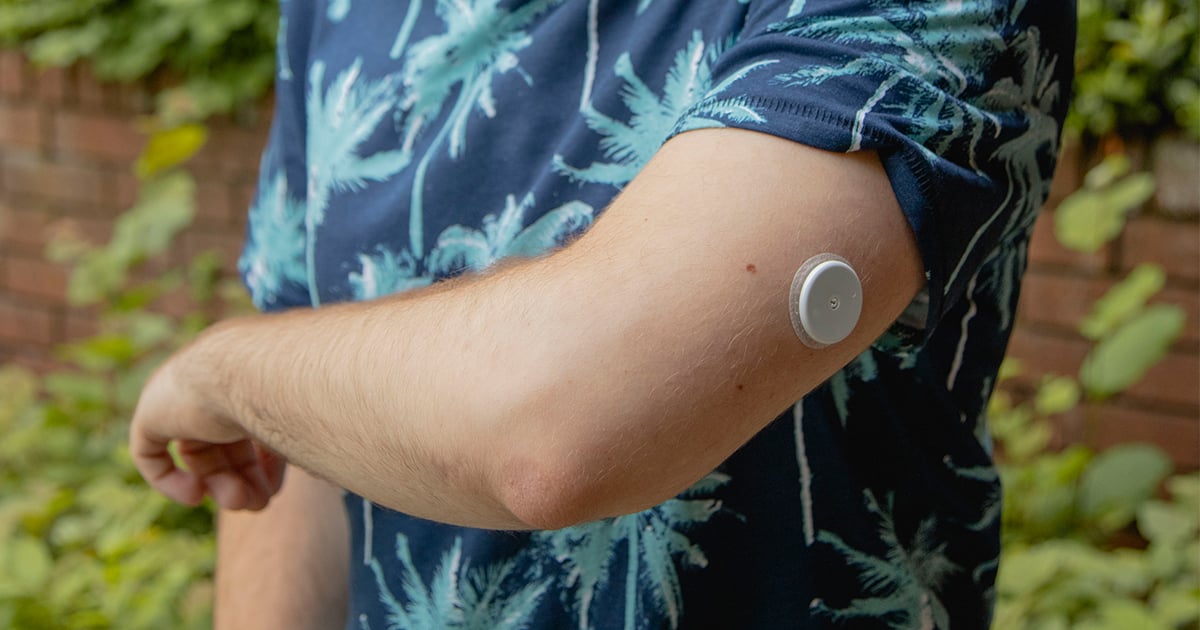People infected with the coronavirus are three times more likely to develop a loss sensation through nerve damage compared to those without the virus, a new study suggests.
Academics from Washington University School of Medicine have found that individuals who have contracted COVID-19 are significantly at risk of experiencing symptoms of peripheral neuropathy, such as pain, numbness and tingling in the hands and feet.
First author Dr Simon Haroutounian said: “Several viral infections – such as HIV and shingles –are associated with peripheral neuropathy because viruses can damage nerves.
“We found that nearly per cent of patients who tested positive for COVID-19 also reported neuropathy problems at the time of their diagnosis, and that for six to seven per cent of them, the symptoms persisted for at least two weeks, and up to three months, suggesting this virus may have lingering effects on peripheral nerves.”
During the study, the team of scientists examined the health outcomes of more than 1,500 participants who had a COVID-19 test on the Washington University Medical Campus between March 2020 and January 2021.
According to the report, 542 of the participants tested positive with the coronavirus, while 1,014 received negative COVID-19 tests.
As part of the study, each participant also self-reported whether or not they experienced symptoms of nerve damage.
The researchers found that the participants who tested positive were 30 per cent more at risk of developing peripheral neuropathy compared to those who were negative.
- Diabetic neuropathy prevention
- Eating protein from a variety of sources linked to lower risk of high blood pressure, study suggests
Dr Haroutounian said: “There is a high likelihood we could still help these patients, even though at the moment there are not clear diagnostic criteria or even a recognized syndrome known as COVID peripheral neuropathy.
“It is important to understand whether a viral infection is associated with an increased risk of neuropathy. In the case of HIV, we didn’t realise it was causing neuropathy for several years after the AIDS epidemic began.”
Experts are now calling for more research into this area to confirm their findings.
“We want to follow up with some of those patients who have lingering nerve symptoms and learn about what is causing their pain so that we can better diagnose and treat these patients moving forward,” said Dr Haroutounian.
The study has been published in the journal Pain.






